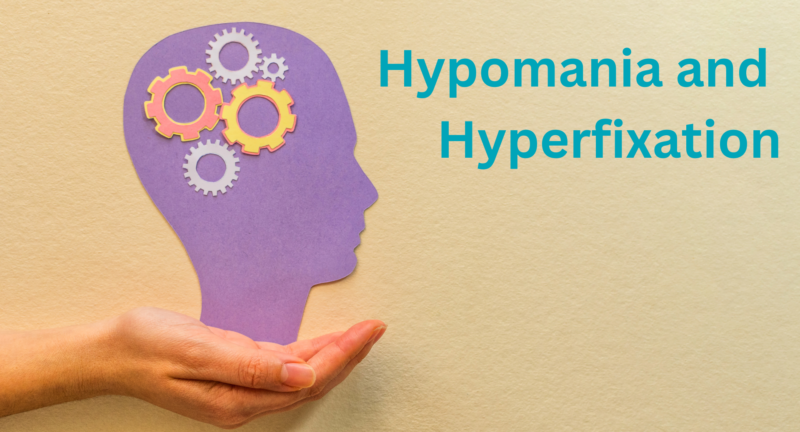
8 Mental Health Tips for Fall: Managing the Seasonal Shift
As the days get shorter and the temperatures drop, it’s common to feel a shift in mood and energy levels. The decreasing daylight in the fall can impact your mental health, but there are steps you can take to stay balanced.
Here are some tips to help you manage the seasonal change and protect your well-being.
1. Embrace Natural Light
With fewer daylight hours, it’s important to make the most of natural light. Spend time outdoors during the day, especially in the morning, to boost your mood and energy. If getting outside is tough, try to position yourself near windows to absorb as much sunlight as possible.
2. Maintain a Regular Sleep Routine
The shift in daylight can disrupt your sleep-wake cycle. Establish a consistent sleep schedule to help regulate your body’s internal clock. Aim for 7-9 hours of sleep each night, and avoid screens before bedtime to encourage better rest.
You can learn more about how light affects your sleep here.
3. Stay Active
Exercise is a powerful mood booster, especially when the darker days make you feel sluggish. Whether it’s a brisk walk, yoga, or a workout at the gym, staying physically active can increase endorphins and help combat feelings of fatigue or sadness.
4. Practice Mindfulness
Mindfulness practices like meditation, deep breathing, or journaling can help you stay grounded during the seasonal transition. Set aside a few minutes each day to focus on your mental and emotional well-being, reducing stress and improving your mood.
Try this guided muscle relaxation before bed:
5. Connect with Others
Fall can bring a sense of isolation as the days grow shorter, so it’s important to stay connected with friends and family. Regular social interaction, even virtual, can help combat loneliness and provide emotional support during this time of year.
6. Keep Your Diet Balanced
What you eat can have a big impact on how you feel. Focus on nourishing foods that support your mental health, like leafy greens, whole grains, and omega-3 rich foods like salmon or walnuts. Avoid relying on sugary snacks or caffeine, which can lead to energy crashes and mood swings.

7. Consider Light Therapy
If you find that the lack of daylight significantly affects your mood, light therapy may be an option. Light boxes can mimic natural sunlight, helping to alleviate symptoms of seasonal depression.
Before beginning light therapy, it is important to consult with a physician for recommendations regarding wavelength, dose, duration, timing, etc.
8. Don’t Hesitate to Seek Help
If feelings of sadness, fatigue, or anxiety become overwhelming or persistent, reaching out to a mental health professional can be beneficial. Seasonal Affective Disorder (SAD) is a form of depression that’s triggered by seasonal changes, and it’s important to get the support you need if you’re struggling.
How Next Step 2 Mental Health Can Help
At Next Step 2 Mental Health, we understand how the change in seasons can impact your emotional well-being. Our team of mental health professionals is here to support you through this transition, offering therapy, counseling, and tailored treatment plans for managing seasonal challenges.
Don’t wait to take action—reach out to us today to learn how we can help you maintain your mental health this fall and beyond.
Related Posts
Hypomania and Hyperfixation: What’s the Difference?
Mental health conditions can manifest in various ways, and two related concepts...
Managing Back-to-School Anxiety in Teens
As the new school year begins, many teens experience a mix of excitement and...


